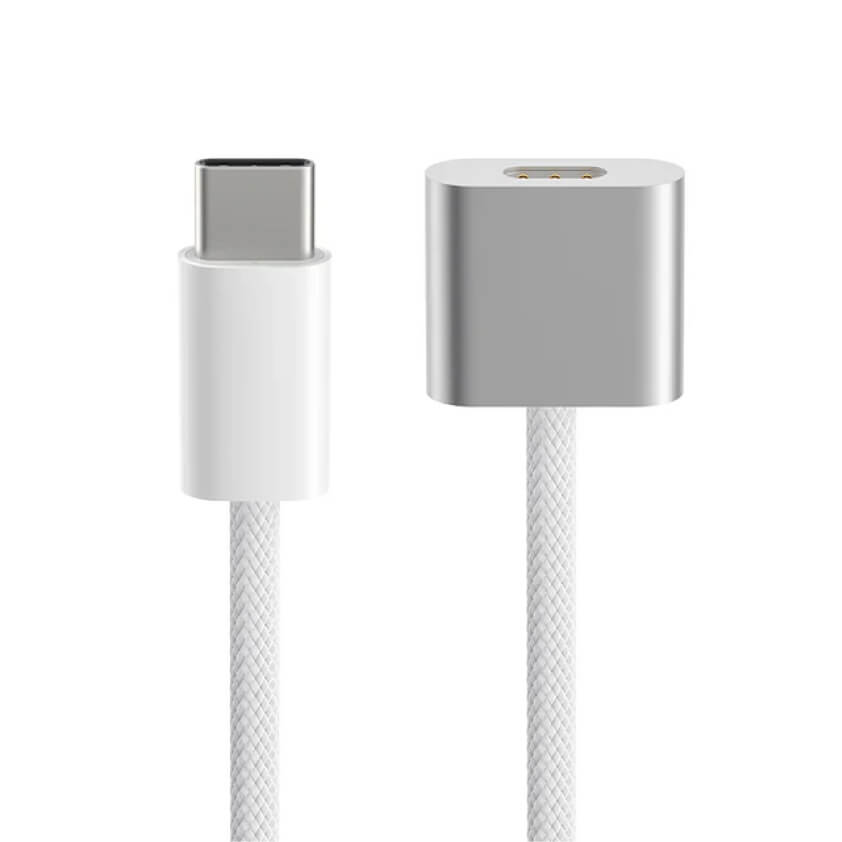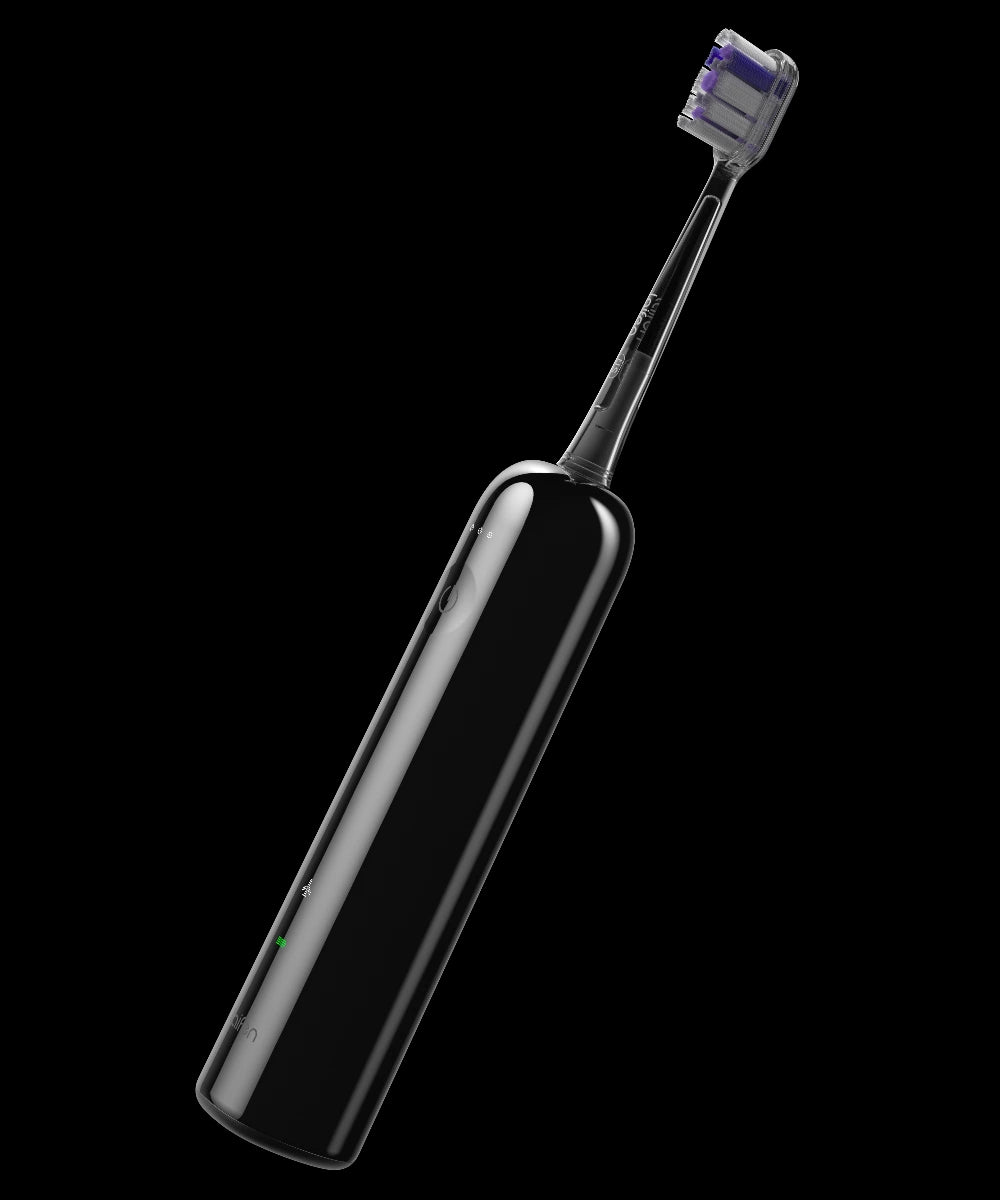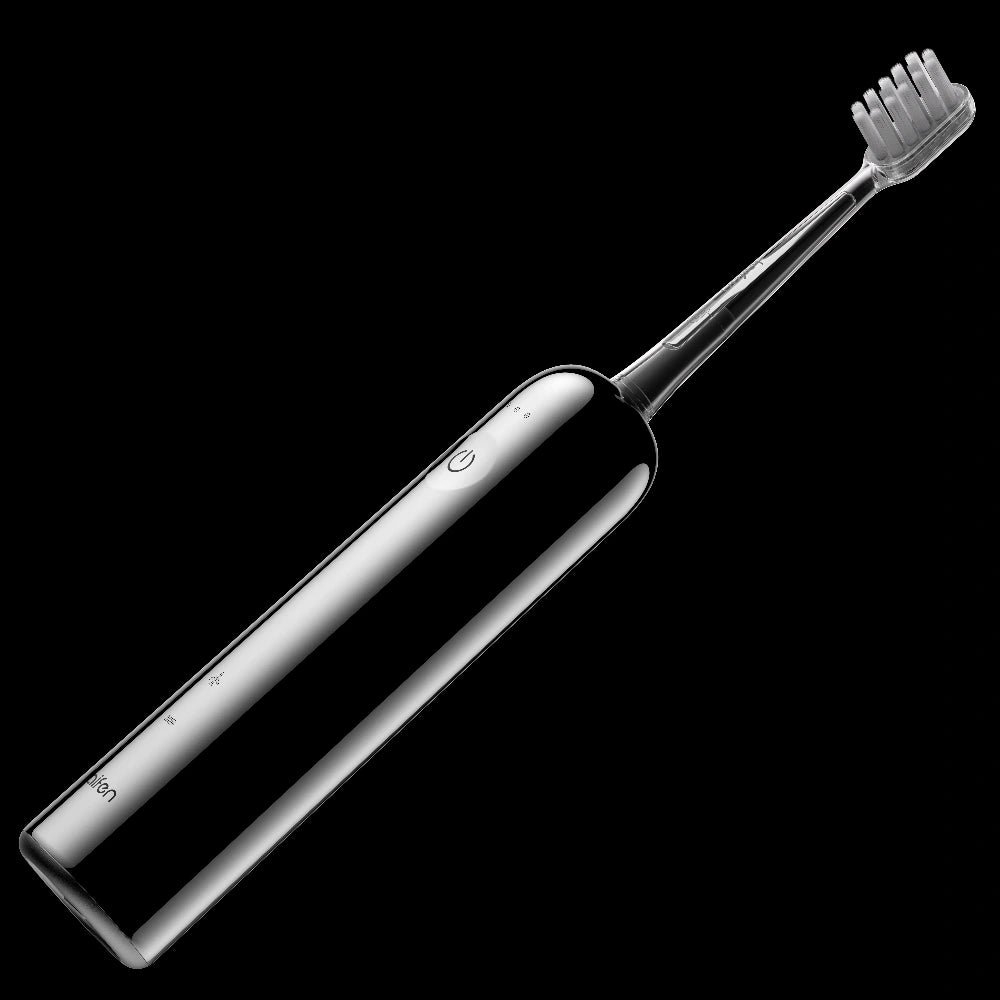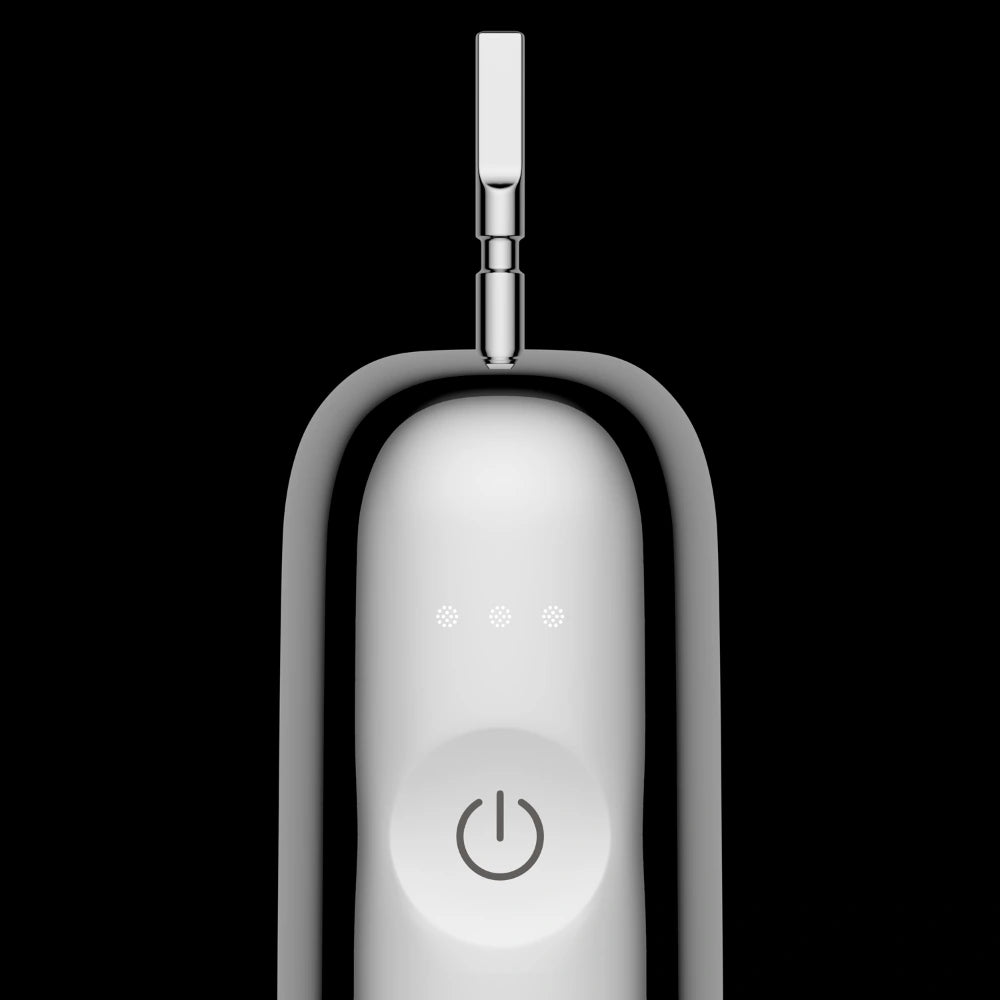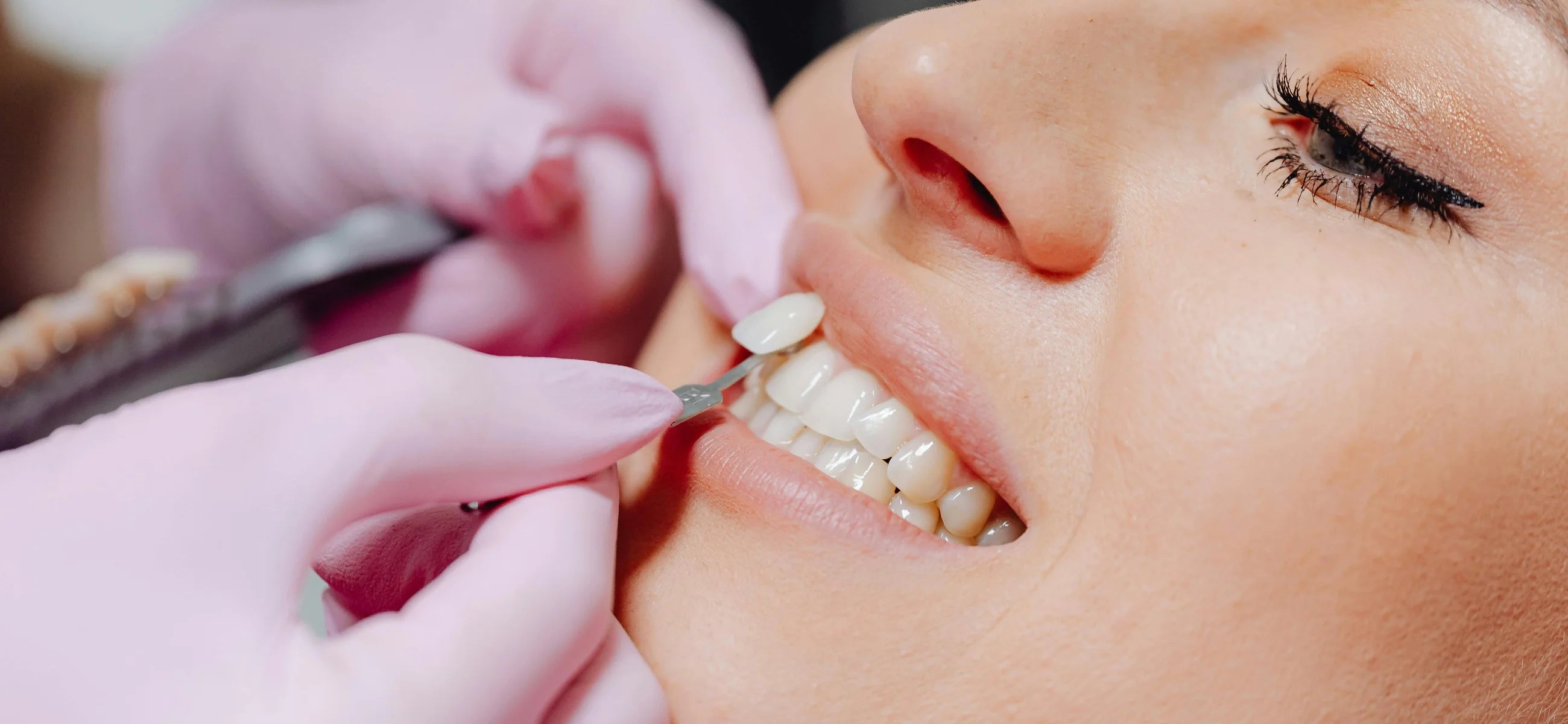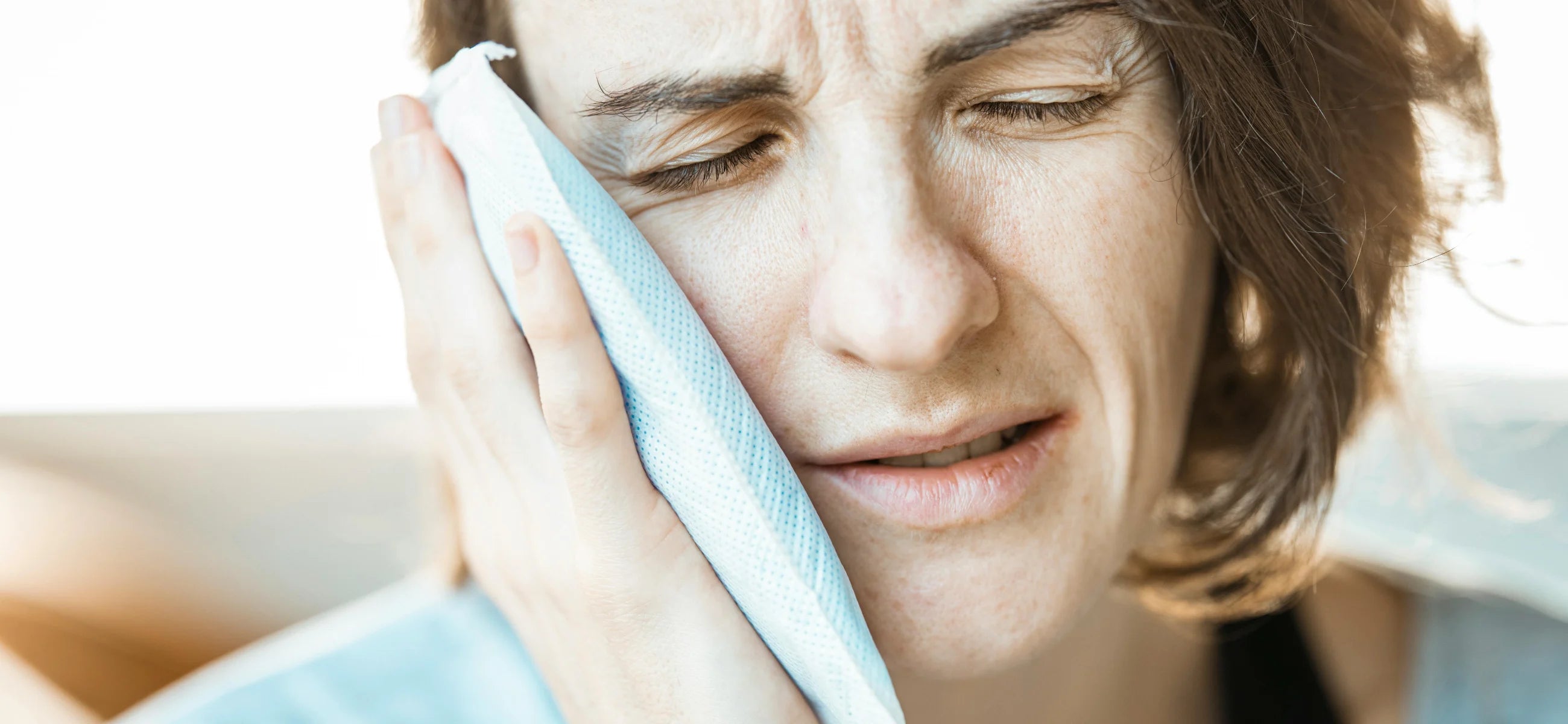
In this article
Canker sores, like other ulcers, can be super painful and may affect your ability to eat, talk, or sleep properly. But what causes them and how can you treat them to stop them from affecting your quality of life?
In this article, we cast the spotlight on aphthous ulcers and introduce you to some simple home remedies that will help you alleviate some of the discomfort they cause.
What is a canker sore?
Known also as aphthous ulcers, canker sores are painful lesions that can develop on the gums and in different areas of the mouth. They can be caused by several factors and when they appear, they may disrupt your ability to sleep, talk, or even eat.
When you look in the mirror, you can tell if you have this type of sore if it is round or oval in shape, with a yellow or white center and a red border.
The good news is that they're not permanent or contagious and they are likely to go away on their own. But if you have recently noticed this type of ulcer on your gums, join us as we take a closer look at what causes them and how you can potentially treat them to alleviate some of the discomfort.
How do you get canker sores?
What causes canker sores? Well, there are numerous potential causes that you should be aware of:
Injury
A small injury to your mouth or gums can cause this type of ulcer. For instance, if you accidentally bite your cheek when chewing, a sore could be the result.
Poor diet
If you don't follow a nutritious diet with sufficient B12 or zinc, you may be more prone to such ulcers or sores. They may also be a common occurrence for people who follow a vegan diet, specifically where a B12 deficiency is noted.
Sensitivity to specific foods
Further to the dietary issues, these sores might come about as a result of a food intolerance or sensitivity. Spicy foods in particular may trigger sores and ulcers.
Stress or sleep deprivation
Ulcers are common results of emotional stress and can be exacerbated by little to no sleep.
How long do canker sores last?
The length of time the sore spends in your mouth depends on its size, severity, and cause. Some minor sores go away on their own after a few days, but major sores can last in your mouth for a week or more.
Though rare "herpetiform canker sores" can cause you issues for up to two weeks.
How to treat canker sores?
In many cases, sores go away on their own. However, if they don't and you experience pain and discomfort for more than a week, it's a good idea to visit the doctor's office.
You should also schedule a consultation with a doctor if the sore recurs or if you are experiencing difficulty eating or chewing.
Your doctor will be able to advise the best course of treatment for such sores and will help you to manage the pain.
However, if you have a minor sore and want to do something about it without visiting the doctor, you can try some of the remedies that we introduce below.
Home remedies for canker sores
Numerous simple home remedies exist that may help to treat these sores, including:
-
Saltwater rinse: Rinsing your mouth with saltwater can help to dry out canker sores. Though it's painful, it is highly effective if you do it 2-3 times per day.
-
Honey: A study has shown that honey can effectively heal some wounds. You can apply it 3-4 times per day to the sore and it may help to shorten the recovery time and alleviate some of the painful side effects.
-
Hydrogen peroxide: Commonly found in teeth whitening products and antibacterial mouthwash, hydrogen peroxide can promote the healing of sores and ulcers by reducing the levels of bacteria in your mouth.
-
Echinacea: Echinacea is well known for its wound-healing and immune-boosting properties and it can be used to treat sores and ulcers.
-
Vitamin B12 supplement: As this type of sore is a common result of Vitamin B12 deficiency, adding a B12 supplement to your diet can make all the difference.
Though not a form of treatment, reducing the amount of stress in your life and improving the quality of your sleep can help to prevent sores and ulcers from occurring. After all, prevention is often better than the cure, particularly where sores are concerned.
Conclusion
Canker sores are undoubtedly unpleasant, but they often go away on their own and don't require any medical intervention in most cases. Still, if an aphthous ulcer is seriously affecting your quality of life, you can schedule a consultation with your doctor.
You can also try out any of the above simple home remedies to alleviate some of the symptoms without visiting the doctor's office, as they may help with the healing process.
FAQ
Q1: Are canker sores contagious?
No, they are not contagious.
Q2: Canker sore vs. cold sore - what's the difference?
The main difference is that a canker sore appears on the inside of your mouth, usually in your gums, while a cold sore sits on the outside of your mouth at the edge of your lips. Cold sores are also contagious.
Q3: How to get rid of canker sores fast?
Any of the above home remedies can help to treat and remove sores. Regularly washing your mouth with saltwater, applying honey, and using hydrogen peroxide can all help to speed up the healing process.













